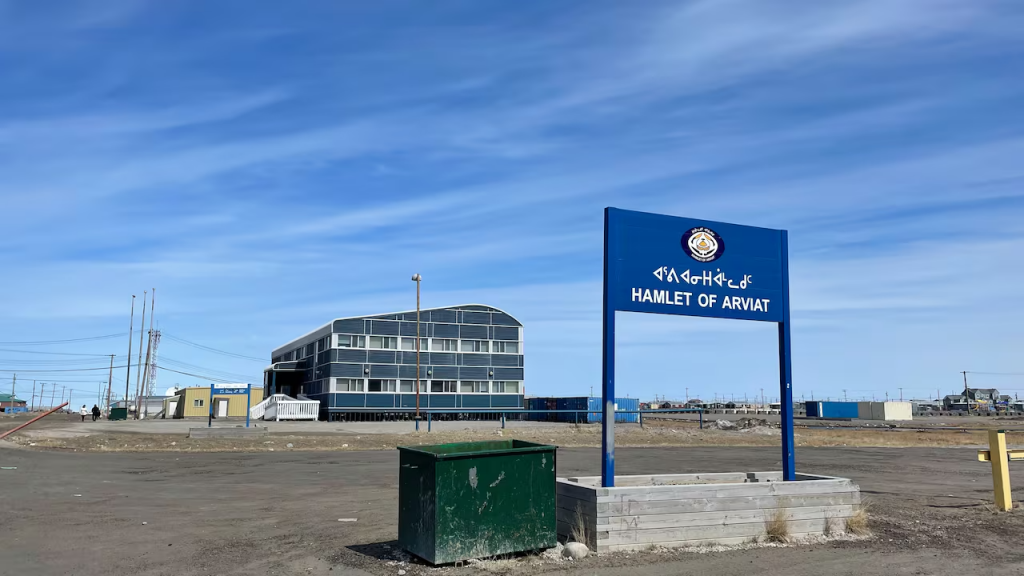Nunavut making ‘steady progress’ toward zero tuberculosis cases by 2030, gov’t says

Health department says cases have been falling since 2023
As cases of tuberculosis continue to drop, Nunavut’s Health department says the territory is making “steady progress” toward eliminating the disease by 2030.
In a news release Monday, the department said as of Sept. 30, there had been 21 active cases this year in the territory. In 2023, there were 67 cases, and 36 in 2024.
Two Nunavut communities are still facing outbreaks. As of Aug. 31, five people were diagnosed with active TB and 67 people with new latent TB in Arviat this year.
Between Jan 1, 2023 and Aug. 31, 2025, 27 people in Naujaat were diagnosed with active TB and 159 people with new latent TB.
In July, Nunavut’s Chief Public Health Officer Dr. Ekua Agyemang said tuberculosis isn’t actively spreading in those communities, but the outbreak is ongoing because the government was still providing screening to residents.
Ongoing support, resources for communities
In Monday’s news release, the department said it is providing ongoing support and resources to those communities.
It also credits a multi-year funding commitment by Nunavut Tunngavik Inc. to support tuberculosis screening and prevention initiatives.
“With this contribution, community health centre staff will receive additional training and resources to lead awareness and health promotion about tuberculosis prevention and screening,” the department wrote.
Earlier this year, two years-long outbreaks in Pangnirtung and Pond Inlet were declared over.
The department is reminding people to visit their health centre for screening if they have any symptoms such as a cough that lasts longer than three weeks, tiredness, loss of appetite, a fever or night sweats.
In 2018, the federal government pledged to eliminate tuberculosis in Inuit communities by 2030.
Related stories from around the North:
Canada: Nunavik TB action plan to be finalized in coming weeks, says health ministry, CBC News
United States: Senators, including Alaska’s, sound alarm on cuts impacting Indigenous health care agency, Eye on the Arctic



